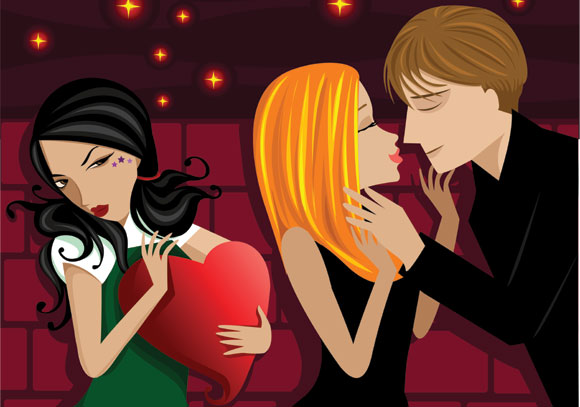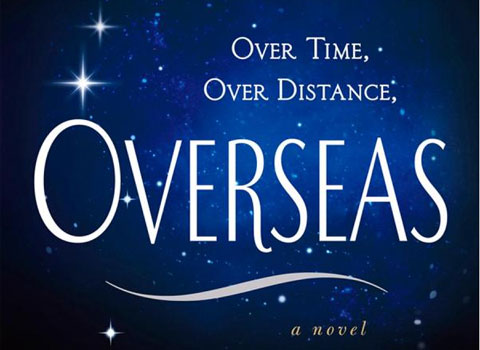I Hate Love Triangles

I hate love triangles. Stephanie Plum bounces between Joe and Ranger when she should pick one (Joe…I know some people will disagree). I don’t get the whole Team Jacob vs Edward when clearly it was Edward all the way. (Jacob was self-centered and mean spirited). In my Pollyanna world, I like love at first sight […]
Anne Elliot and Capt. Wentworth – Great Romantic Couples

Most people who think Jane Austen think Pride and Prejudice or Sense and Sensibility, but for me Persuasion is the book that tops the list. The last book published while Austen was alive, it’s often referred to as the mature Pride and Prejudice. The story is about Anne Elliott who’s family has connections, but unfortunately, […]
Overseas – A Review

I first saw a blurb about Beatriz Williams’ book Overseas in a women’s magazine and found the premise compelling — a love story involving time travel. I’ve written the opening pages of a time travel story myself, although I have no plot for it yet. The challenges in writing time travel are the methods (machine?), […]
Lethal by Sandra Brown
Second to J.D. Robb, I love to read Sandra Brown. Her books always have unexpected twists and unusual story lines. Although my favorites tend to be her older books, her newer books are still pretty good. One interesting aspect of Sandra Brown’s books is how dark and unlikable her male protagonists start out to be. […]
Digital Books…Too Easy To Buy

I got a Nook for Christmas and so far I really like it. I’ve been like many people who are resistant to making the change to e-readers, despite the fact that I’m a digital person. My music is digital. My calendar and to-do’s are digital. I spend much of my life on the web, so […]
